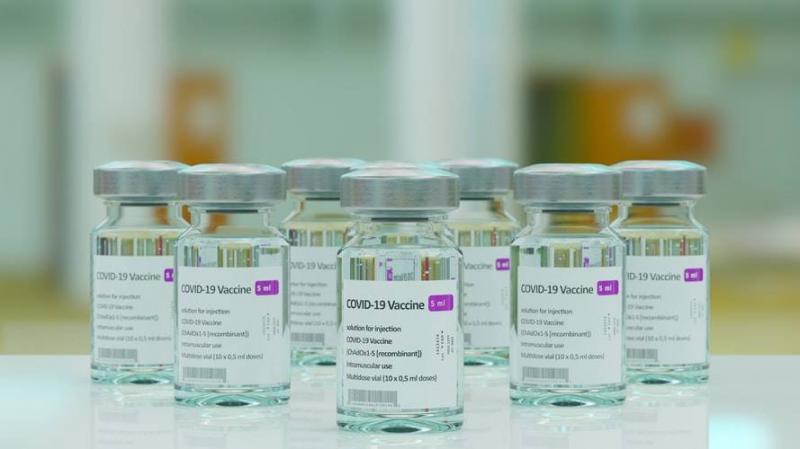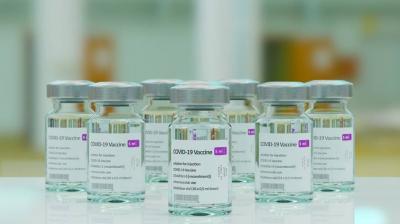A team of specialists in the United Kingdom has reported the first three cases of individuals suffering from ischemic strokes caused by arterial clots after receiving the AstraZeneca COVID-19 vaccine. Although ischemic strokes—caused by the formation of blood clots in the arteries supplying blood to the brain—are the most common type of stroke, this is the first time they have been observed in vaccinated individuals.
All recorded cases of blood clots following Oxford's vaccine have thus far occurred in veins (particularly in the brain). Additionally, all had low platelet counts and antibodies against platelet factor 4 (PF4), a protein that promotes clot formation. Information regarding the three new cases—all disclosed in adults—was detailed today in a letter signed by dozens of doctors and researchers, published in the 'Journal of Neurosurgery & Psychiatry'.
#### Health Condition of the Three Patients
All three had extremely low levels of platelets and platelet factor 4 (PF4) and elevated levels of D-dimer protein, which is also associated with thrombosis. The first patient, a 30-year-old woman, experienced intermittent pain on the right side of her head and eyes six days after receiving the vaccine. The second patient, also in her 30s, suffered from headaches, confusion, weakness in her left arm, and loss of vision in her left eye twelve days after vaccination. The third patient, a man in his forties, experienced problems with speech and comprehension (dysphasia) three weeks after receiving the vaccine.
The lead author of the study, David Werring from University College London, believes that the three cases indicate that, in addition to cerebral venous thrombosis, the vaccine may lead to clots that block the arteries in the brain and cause strokes.
#### Call for Study on Arterial Thrombosis
Researchers emphasize the need for "rapid evaluation of young patients who suffer from ischemic strokes after vaccination through laboratory tests (including platelet count, D-dimer, fibrinogen, and platelet factor 4 (PF4)), and treatment by a multidisciplinary team (hematology, neurology, stroke care, neurosurgery, and neuroimaging) to provide them with timely treatment."
In a commentary published in the same journal, Hugh Markus, an expert in the Clinical Neurosciences Department at the University of Cambridge, believes that the study highlights that "immune thrombosis can also lead to arterial clotting, including ischemic stroke, although venous thrombosis, particularly cerebral venous sinus thrombosis, is more common."
While he recommends paying attention to potential blood clot cases following vaccination, he emphasizes that these side effects are "rare and the likelihood of occurrence is much lower than that of cerebral venous thrombosis and strokes associated with COVID-19 infection itself."




